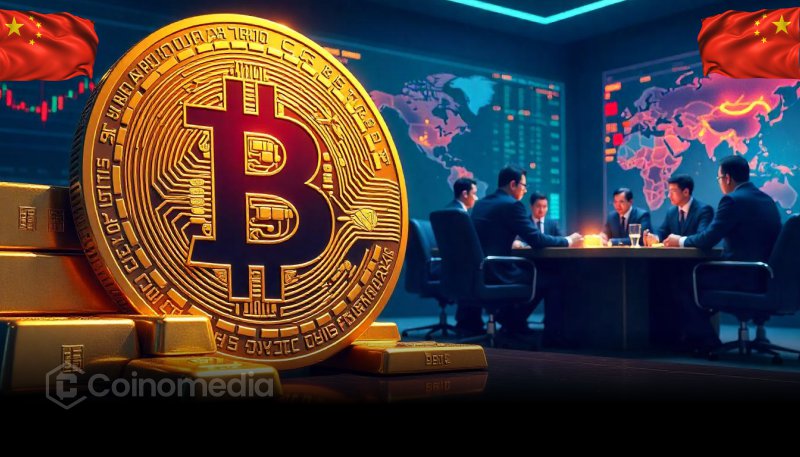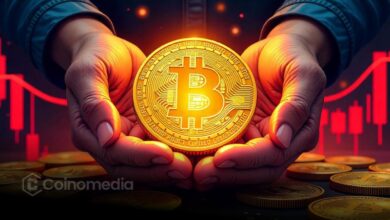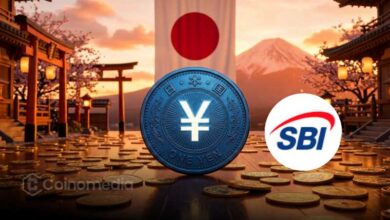China Dumps Treasuries, Buys Gold—Is Bitcoin Next?
China is selling U.S. Treasuries and buying gold. Should the U.S. respond by buying Bitcoin?

- China is shifting away from U.S. Treasuries toward gold
- The move signals a change in global economic strategy
- Some suggest the U.S. should buy Bitcoin in response
China Shifts from Treasuries to Gold
China has been quietly reducing its holdings of U.S. Treasury bonds while increasing its gold reserves. This strategic shift reflects growing concerns over the stability of the U.S. dollar and the desire to diversify away from dollar-denominated assets.
The People’s Bank of China has added gold to its reserves for 17 consecutive months, signaling strong long-term confidence in precious metals over U.S. government debt. As of early 2025, China holds less than $800 billion in Treasuries, the lowest level in over a decade.
By buying gold and selling Treasuries, China appears to be safeguarding itself against potential geopolitical risks, currency devaluation, and rising U.S. debt levels.
A Bold Countermove: Bitcoin for the U.S.?
Some voices in the crypto and economic communities argue that the U.S. should take an equally strategic step: shift a portion of its reserves from gold to Bitcoin.
Why Bitcoin? Supporters argue that Bitcoin is more portable, has a fixed supply, and is resistant to inflationary pressures—traits that appeal in a world of rising global debt and currency uncertainty.
Such a move would also position the U.S. as a leader in digital asset innovation, potentially boosting its long-term financial leverage.
A Turning Point in Global Finance
This financial tug-of-war marks a deeper shift in how global superpowers are navigating currency politics. As China leans on gold to reduce its dependence on the dollar, Bitcoin is increasingly being viewed as a viable third option.
While the U.S. hasn’t made any official move toward Bitcoin reserves, growing political and economic pressure may eventually force a rethinking of traditional strategies.
Could Bitcoin become the new front line in financial warfare? Time will tell—but the conversation has already started.



